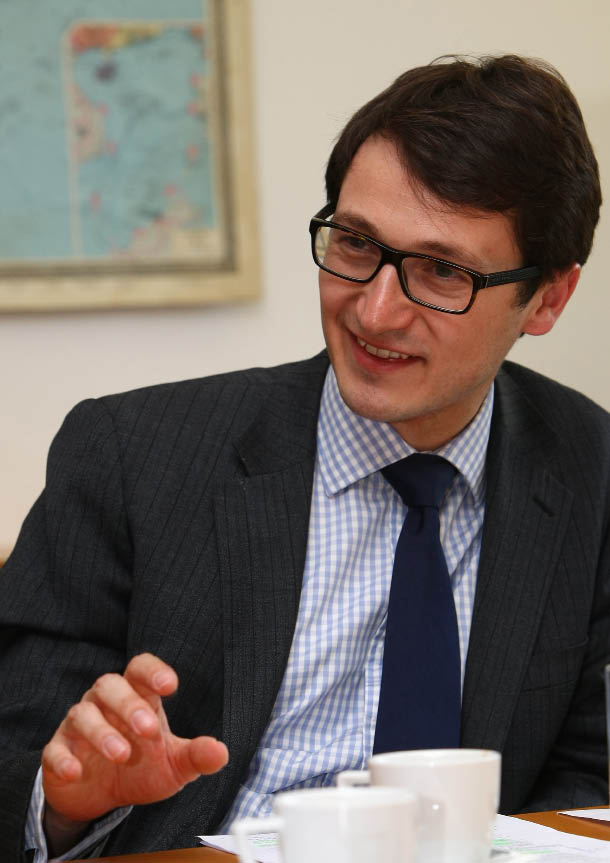Sino-Swiss FTA Pushes Bilateral Relations to New Heights
As to labor issues, in addition to the FTA, both countries have signed an agreement on labor and employment. It reaffirms both countries’ intent to improve working conditions, as well as to protect and enhance fundamental rights at work. Both countries have also reaffirmed their commitments as signatories to the International Labor Organization (ILO) Conventions, and have already cooperated in this regard in the SCORE – Sustaining Competitive and Responsible Enterprises – project. China and Switzerland indeed run this joint scheme, supported by the ILO and co-funded by Norway, to help China’s small and medium-sized enterprises improve their employees’ working conditions as well as the efficiency and profitability of their operations.
With regards to intellectual property, I have read that China received in 2013 a total of 825,000 invention patent applications – highest in the world for the third consecutive year. Intellectual property has become more important in China since the country switched its economic focus from quantity to quality. More innovations, especially in information technology, now emanate from China. The same is true for Switzerland. Having few natural resources, our main one is that of human brainpower. This is a main reason why Switzerland has long focused on the protection of intellectual property, Albert Einstein having been one of the more illustrious members of the Swiss Patent Office. As both countries obviously have a substantial interest in intellectual property, this agreement improves cooperation in that field. It is further fostered through the yearly China-Switzerland Dialogue on Intellectual Property, established seven years ago.
China Today: What are the Swiss government’s expectations of the FTA and future trade with China?
David Braun: The FTA creates an excellent framework for bilateral economic relations. It not only reduces tariffs but also generally improves legal security for all economic exchanges between the two countries. Because China is Switzerland’s biggest market in Asia, the Swiss government expects a substantial increase in bilateral trade. Past experience shows that trade growth with countries that Switzerland has an FTA with is substantially higher than with those it does not.
China Today: On July 2, the day after the FTA came into effect, the Sino-Swiss Zhenjiang Eco Industry Park officially opened. State Secretary for Economic Affairs Marie-Gabrielle Ineichen-Fleisch attended the opening ceremony. What are your expectations of the park? What opportunities will it bring to the two countries?
David Braun: The Sino-Swiss Zhenjiang Eco Industry Park is an important project and a true token of our excellent bilateral relations. It is located in an important economic area, close to major cities like Shanghai and Nanjing, with accessible transport links. As the name suggests, the park provides many opportunities for companies involved in clean technologies, renewable energy and energy saving, and we hope many will set up their offices there. A number of important projects in which Swiss companies specializing in clean technologies are involved are already underway in the park, and six Swiss companies have established branches in Zhenjiang. Now that the two countries have created this framework through political commitment, it is time for companies to take decisive action and seize this win-win opportunity to make the eco-park a great success.

